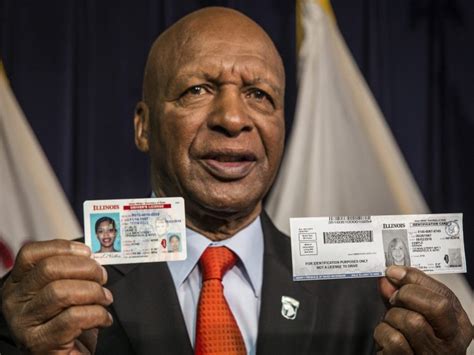A Quote by Bertolt Brecht
Intelligence is not to make no mistakes, but quickly to see how to make them good.
Quote Topics
Related Quotes
Be proud of your mistakes. Well, proud may not be exactly the right word, but respect them, treasure them, be kind to them, learn from them. And, more than that, and more important than that, make them. Make mistakes. Make great mistakes, make wonderful mistakes, make glorious mistakes. Better to make a hundred mistakes than to stare at a blank piece of paper too scared to do anything wrong.
There’s nothing in the world worse than having an opportunity that you’re not prepared for. Good luck usually follows the collision of opportunity and preparation - it’s a result of that collision. You’ve got to be prepared. So, make your mistakes now and make them quickly. If you’ve made the mistakes, you know what to expect the next time. That’s how you become valuable.
What do you first do when you learn to swim? You make mistakes, do you not? And what happens? You make other mistakes, and when you have made all the mistakes you possibly can without drowning - and some of them many times over - what do you find? That you can swim? Well - life is just the same as learning to swim! Do not be afraid of making mistakes, for there is no other way of learning how to live!
So that's my wish for you, and all of us, and my wish for myself. Make New Mistakes. Make glorious, amazing mistakes. Make mistakes nobody's ever made before. Don't freeze, don't stop, don't worry that it isn't good enough, or it isn't perfect, whatever it is: art, or love, or work or family or life.
Reality cannot be photographed or represented. We can only create a new reality. And my dilemma is how to make art out of a reality that most of us would rather ignore. How do you make art when the world is in such a state? My answer has been to make mistakes, but when I can, to choose them. We are all guilt victims choosing mistakes, and as Godard said, the very definition of the human condition is in the mise-en-scéne itself.
It is instructive to see how organizations pursue their goal of reducing errors and uncertainty. They impose standards, employ checklists, demand that knowledge workers list assumptions for their conclusions and document all sources. These actions either directly interfere with forming insights or create an environment where insights and discoveries are treated with suspicion because they might lead to errors. They signal to knowledge workers that their job is not to make mistakes. Even if they don't make discoveries, no one can blame them as long as they don't make mistakes.





































